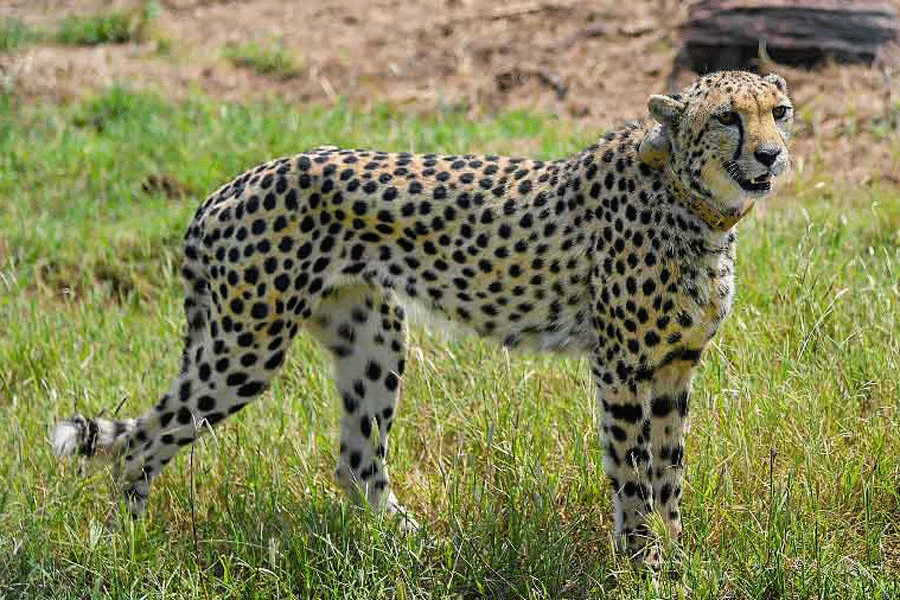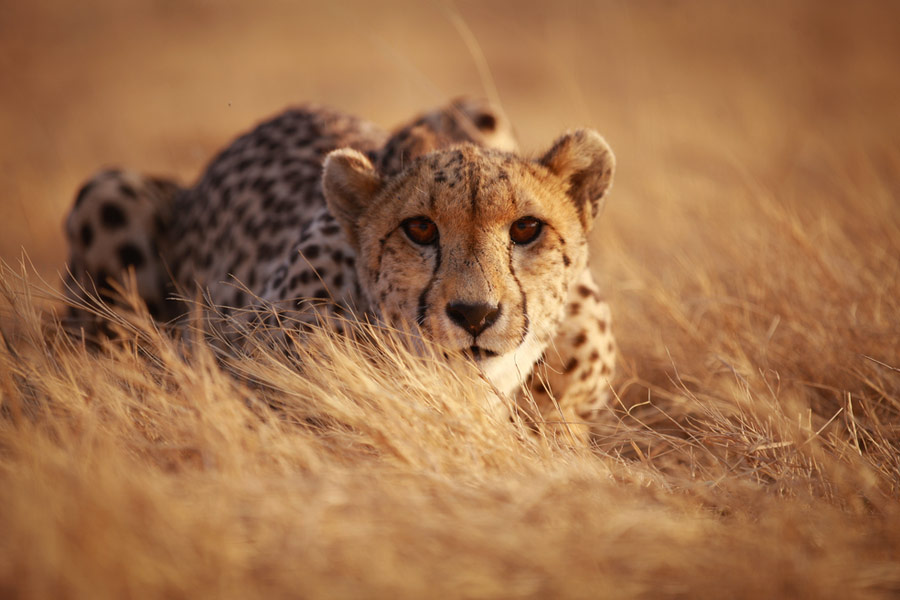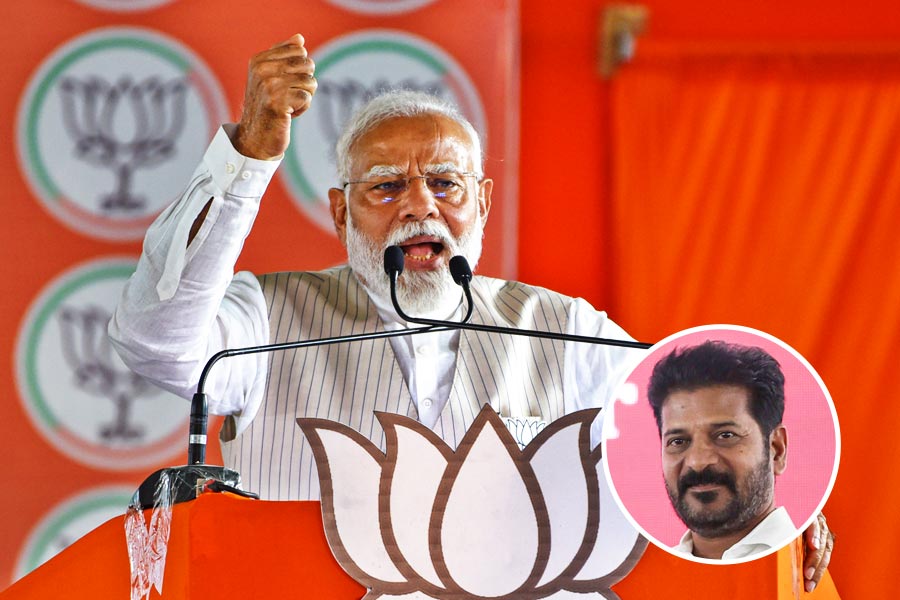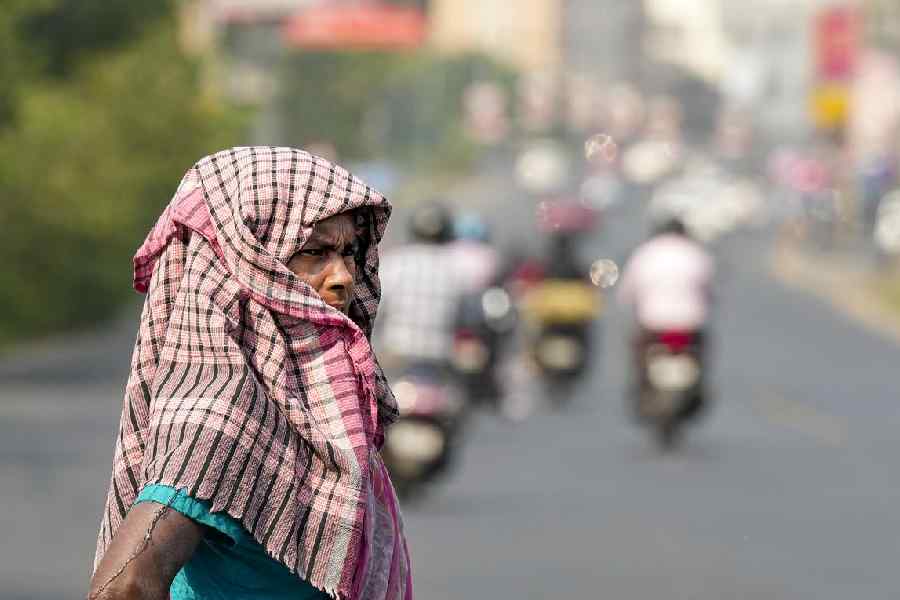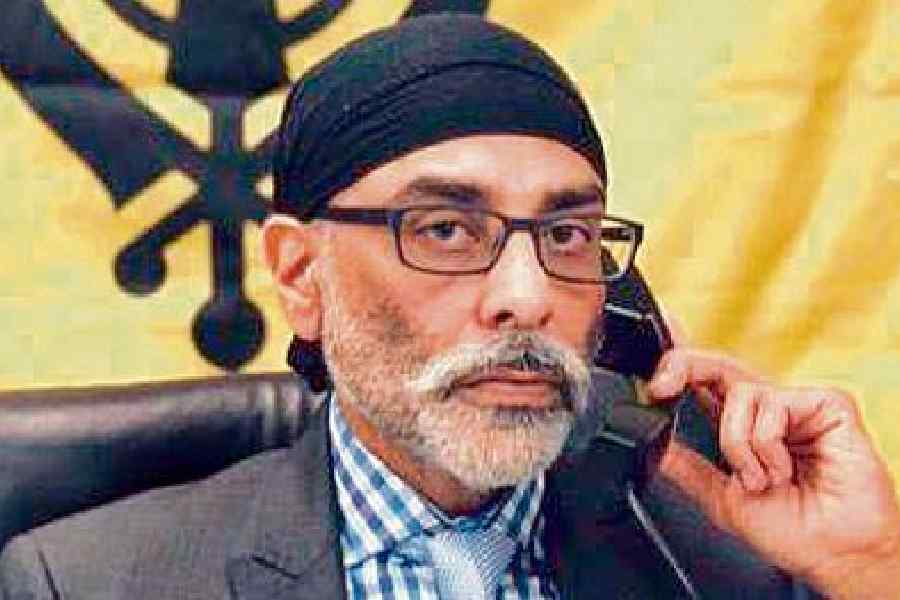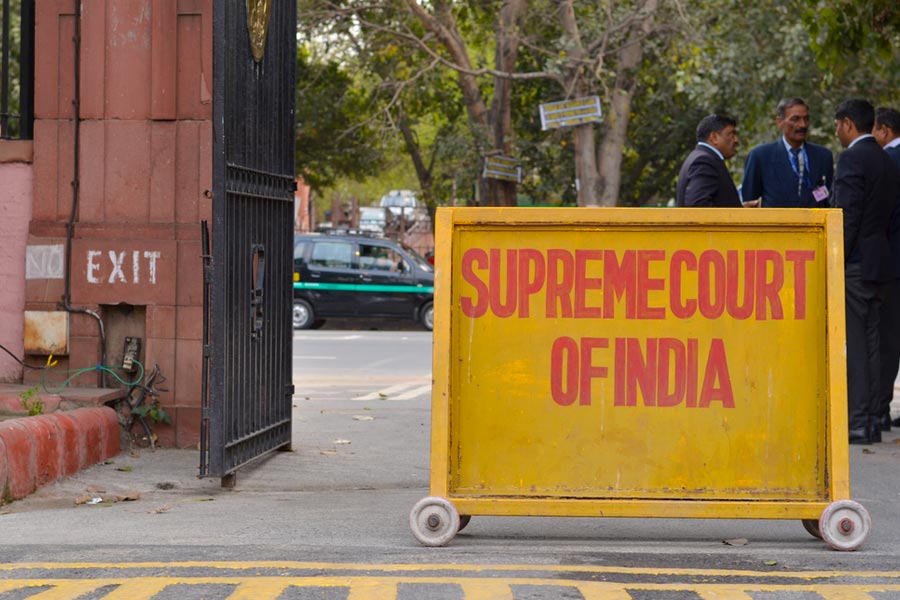Union Minister for Environment, Forest and Climate Change Bhupender Yadav on Saturday said the cheetahs will continue to remain in the Kuno national park in Madhya Pradesh and asserted that the project will be successful.
“We are in touch with experts, including international experts. Our team will visit there. The cheetahs will not be relocated and will remain in Kuno only,” the minister said.
Yadav’s comments came amid concern expressed by some experts on the cheetah project and that some recent deaths could possibly be due to infection caused by radio collars though that is highly unusual and collars have been used in wildlife conservation in India for over two decades.
Other experts, however, said only the post-mortem report will determine the exact cause.
Rajesh Gopal, the head of the cheetah monitoring committee set up by the NTCA, said the reason for the cheetahs’ death could be septicemia from radio collar.
“It is highly unusual. I have also seen it for the first time. It's a cause for concern and we have directed (MP forest staff) to check all the cheetahs," he said.
He said it is possible that aberrations, humid weather can lead to infection from radio collar use.
"We have been using collars in wildlife conservation for around 25 years in India. I have never come across such an incident. We have good, smart collars available these days. Still if such an incident is happening, we will have to bring it to the notice of manufacturers," Gopal added.
A South African expert also suggested that septicemia caused by radio collars could be a possible reason behind the death of two male cheetahs in MP this week.
Male cheetah Suraj, translocated from South Africa, died at the Kuno National Park (KNP) in Sheopur on Friday, while another translocated male cheetah Tejas died on Tuesday.
Vincent van der Merwe, the South African cheetah metapopulation expert, said extreme wet conditions are causing the radio collars to create infection and possibly that was the reason behind the cheetahs’ death.
The death of two cheetahs has pushed the fatality count to eight, including three cubs, in less than four months.
Asked about the fate of the cheetah project in India, Merwe sounded optimistic. "We still have 75 per cent of the founder population alive and well in India. So all is still on track with observed mortality well within normal parameters for wild cheetah reintroduction," he added.
KNP director Uttam Sharma said they have sent the post-mortem reports of the two cheetahs to the senior authorities in Bhopal.
On Friday, MP Forest Minister Vijay Shah said the exact cause of Suraj's death will be known from the post-mortem report. When asked about the fatalities, he pointed out that the three cubs that died were malnourished from birth itself, while other deaths were from fights during mating or eating, which is common among animals.
Sheopur district, which houses the KNP, has received 321.9 mm rainfall between June 1 and July 15 whereas the normal rainfall for this period was 161.3 mm, the India Meteorological Department's Bhopal Centre Duty Officer S N Sahu said.
Eight Namibian cheetahs - five female and three male - were released into quarantine enclosures at KNP on September 17 last. In February this year, 12 more cheetahs arrived at KNP from South Africa.
The birth of four cubs had taken the total count of cheetahs to 24, but eight deaths have brought the number down to 16.
The fastest land animal was declared extinct in the country in 1952.
Except for the headline, this story has not been edited by The Telegraph Online staff and has been published from a syndicated feed.

